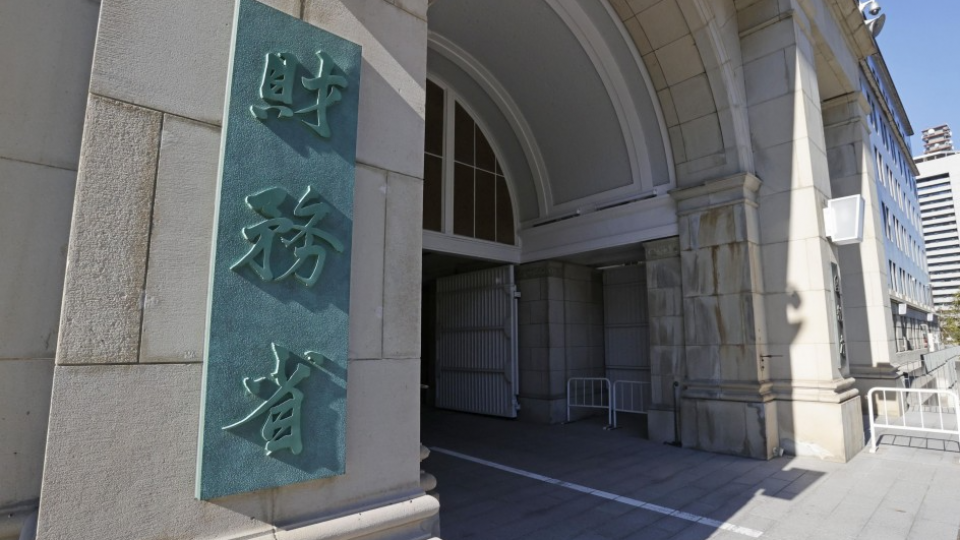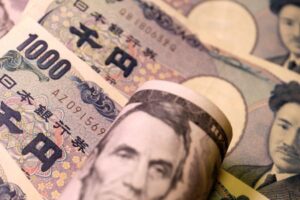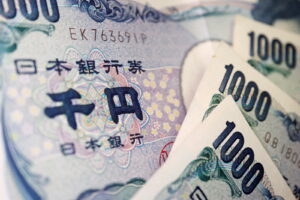Tokyo, 9 December, /AJMEDIA/
Japan will retain its goal of restoring its fiscal health by fiscal 2025 despite a substantial increase in defense spending in the coming years to respond to growing security threats, Finance Minister Shunichi Suzuki said Friday.
Suzuki rejected calls from some ruling party lawmakers to issue new government bonds for the planned 43 trillion yen ($315 billion) in defense spending, saying at a press conference that other stable funding sources are necessary.
Japan is planning to boost its defense spending to around 2 percent of gross domestic product in fiscal 2027, likely earmarking a total of 43 trillion yen over the next five years.
Prime Minister Fumio Kishida said Thursday 1 trillion yen every year, or about a quarter of the funding needs, will need to be secured by raising taxes for defense spending.
“We have to keep (the fiscal restoration goal) as it is. Our basic stance is that fiscal discipline should be maintained,” Suzuki said.
Japan’s fiscal health is the worst among advanced economies with debt more than twice the size of its economy. The government is aiming to achieve a surplus in the primary balance, or tax revenues minus spending except debt-servicing costs, by fiscal 2025.
The time frame to attain the fiscal restoration goal has been repeatedly postponed. Based on the government’s projections released in July, the balance will swing to a surplus in fiscal 2026.
The ruling coalition of the Liberal Democratic Party and Komeito will work out details of how to secure the necessary funding in the coming days, as requested by Kishida.
Kishida has said the government will not raise income taxes, which affect households, and that a tax increase will not come in fiscal 2023. The corporate tax is seen as a viable option.
Japan’s defense budget has been capped at around 1 percent of GDP but calls to expand it have grown as the nation faces security challenges posed by an assertive China, nuclear-armed North Korea and Russia.
Suzuki said stable funding sources are necessary for the defense budget, which includes recurring costs, adding that the 43 trillion yen target is “realistic.”
“It’s difficult to say government bonds are a stable funding source,” he added.
Higher corporate tax burdens would cause a backlash from business leaders. Japan has lowered corporate taxes to shore up its global competitiveness.
“We have to be careful about (corporate) tax increases so as not to dampen investment,” industry minister Yasutoshi Nishimura told a separate press conference.








































